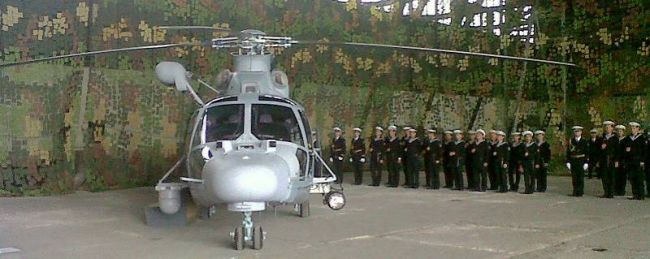WASHINGTON, July 15, 2010 — A lot has been said about the importance of training Afghan forces in the NATO mission there. But with an illiteracy rate reaching in some test groups higher than 89 percent, how can one teach a large group of recruits to be engineers or logisticians?
Mike Faughnan, head of education for the NATO Training Mission-Afghanistan’s Combined Security Transition Command, addressed the issue yesterday on a DoDLive Bloggers Roundtable. In 2008, a literacy program was established to train new recruits and existing members of Afghan national security forces who are either illiterate or don’t meet the 3rd-grade-level math, reading and comprehension minimum standard.
About 25,000 Afghan personnel currently are enrolled in the program; by July 2011 Faughnan expects to have 100,000 students enrolled. To date, about 4,300 Afghans have graduated from the program.
“Illiteracy is a problem we have to tackle if we intend to turn the ANSF into a modern military and police force,” he said. “The impact of illiteracy that we see is an inability to perform the missions and duties of the army and police, limitations in the types of training we can provide — everything has to be hands-on — and limitations in the levels of training. We can’t do anything more than train at the very basic level in any of the fields that we work with.”
Faughnan faces a number of challenges in improving Afghan literacy, but the biggest one by far is the staggering number of illiterate recruits. Though the illiteracy rate among officers is only about seven percent, among enlisted soldiers the rate is upwards of 89 percent.
“I think the two biggest challenges are the sheer scope of the problem; the number of recruits who require this training,” he said. “The second challenge is incorporating the literacy instruction into the operational requirements of the fielded force and the force in the training base.”
The course requires 312 hours of instruction — 64 hours of 1st-grade-level education, 128 hours to reach a 2nd-grade level, and 120 hours after that to reach 3rd grade understanding and graduate, Faughnan said. The whole course can take as little as eight weeks, if mission requirements allow troops to attend eight hours of class daily. Due to mission requirements, however, most troops attend literacy classes only an hour or so a day. On that schedule, he said, the course can take seven to eight months.
One method to help in spreading the training is the way it’s set up. NTM‑A sends trainers into the field to teach Dari and Pashto, rather than creating a central literacy school for thousands of troops to attend. Currently they have about 700 Afghan teachers; more will be hired in the future as more students enroll, Faughnan said.
“We are very flexible in the way we deliver [literacy training], preferring to get the training to the students, however the operational command can fit it into their schedule,” he said.
The Afghan Ministry of Education provides the course materials, adapted from other ministry adult education texts. They’re written, printed and distributed by Afghans, then the courses are taught by Afghans, who make between $500 and $600 monthly. Entry-level Afghan soldiers make about $240 monthly, a living wage in the nation.
“Obviously, to meet the goals that we’ve established, we will be hiring some more [teachers]; I don’t think it’s really going to be a problem getting the number of teachers we need,” Faughnan said. “I believe there are a sufficient number of literate Afghans who are looking for stable work — we present a very good opportunity for them, as well.”
In the long term, Faughnan expects the program to stay in existence as long as there’s a NATO presence in the country, unless the state of Afghan education improves to where no large-scale adult literacy training is necessary. He doesn’t think it will be a factor in the July 2011 troop drawdown in Afghanistan.
“I don’t see that there would be a connection between the literacy training we provide and any future drawdown,” Faughnan said. “The training we provide is really focused on making the individual — and by extension the ANSF — a much more effective force.”
“At the minimum, we’ll be doing this as long as [our troops are] here,” he added.
Faughnan said he expects the literacy program to lead to more widespread education reform in Afghanistan, and ultimately make significant inroads into the nation’s illiteracy problem.
“The ability to read and write opens the world to a host of possibilities that you can’t dream of until you have the capability,” he said. “As a consequence, we think that this program is going to have far-reaching effects as newly literate soldiers return to their families and villages with the capability to read and write.”
Source:
U.S. Department of Defense
Office of the Assistant Secretary of Defense (Public Affairs)

 von
von 